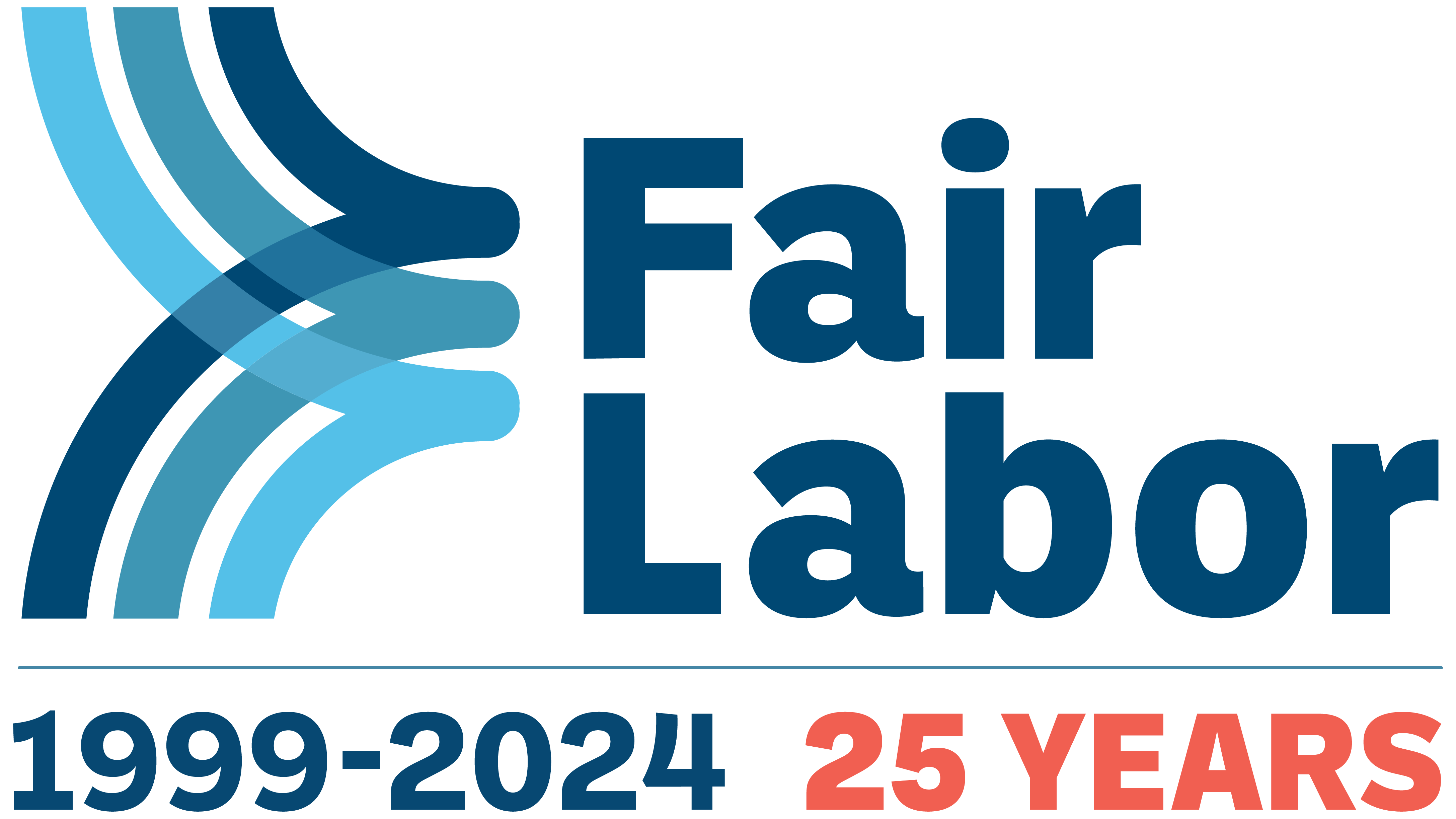Maternity Rights and Childcare in Bangladesh
A Study of Workers in the Ready-Made Garment Sector
A study by the Fair Labor Association (FLA) and the Awaj Foundation found that women in the ready-made garment manufacturing sector in Bangladesh do not receive legally required benefits, including paid maternity leave.
The study, Maternity Rights and Childcare in Bangladesh: A Study of Workers in the Ready-Made Garment Sector, found that most women workers surveyed did not know their legal rights for paid maternity leave and that many factories represented in the survey do not adhere to the national legal requirements for paid maternity leave or onsite childcare facilities.
“Legal protections for women workers are meaningful only when they are implemented in the workplace and not just words on paper,” said Sharon Waxman, then-president and CEO of the FLA. “Our study finds a perfect storm that undermines the rights of pregnant women and new mothers: a lack of awareness by women workers of their rights, the failure of factory management to offer legally required benefits, and instances of deception where facilities such as childcare centers exist in name only.”
The report provides an analysis of data collected from 88 women workers ages 21 to 30 in Bangladesh’s garment sector, drawn from 12 factories. The findings include:
- Almost all workers are aware that factories offer maternity leave, but most are unaware of the amount of time off to which they are legally entitled.
- Respondents reported that the workload and pressure to meet targets was the same for pregnant workers as others.
- Although 75 percent of factories provided daycare services, as required by law, only 13 percent of respondents said these facilities were functional and most did not know eligibility requirements to enroll their children in these facilities.
The report finds pervasive discrimination on maternity rights and access to childcare in the ready-made garment sector, where female workers constitute 65 percent of the Bangladesh apparel workforce. The report was the topic of discussion at a multi-stakeholder convening and provides recommendations from that convening for companies, the government, and civil society organizations to ensure worker protections meet or exceed the legal requirements.
Recommendations in the report include organizing awareness campaigns and providing training to educate workers and factory managers on appropriate accommodations for pregnant workers, including periodic sitting and rest periods. The report notes the importance of the workers’ right to freedom of association and union advocacy when factory management is not in compliance.
“Bangladesh has instituted a number of legal protections for women workers in recent years,” said Nazma Akter, founder and executive director of the Awaj Foundation. “But we have found that, too often, factories are operating in violation of these laws, or are failing to make workers aware of their rights under the law. In order for us to protect working mothers and the families that depend on them, we must hold companies accountable and educate workers of their rights, so these trends do not continue.”
